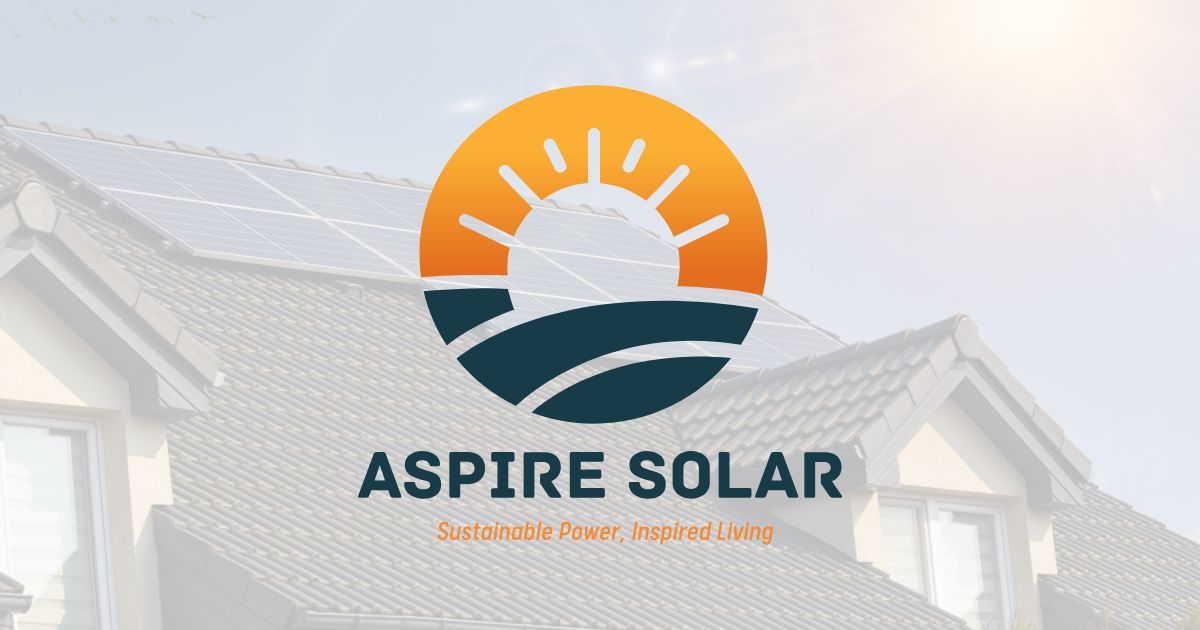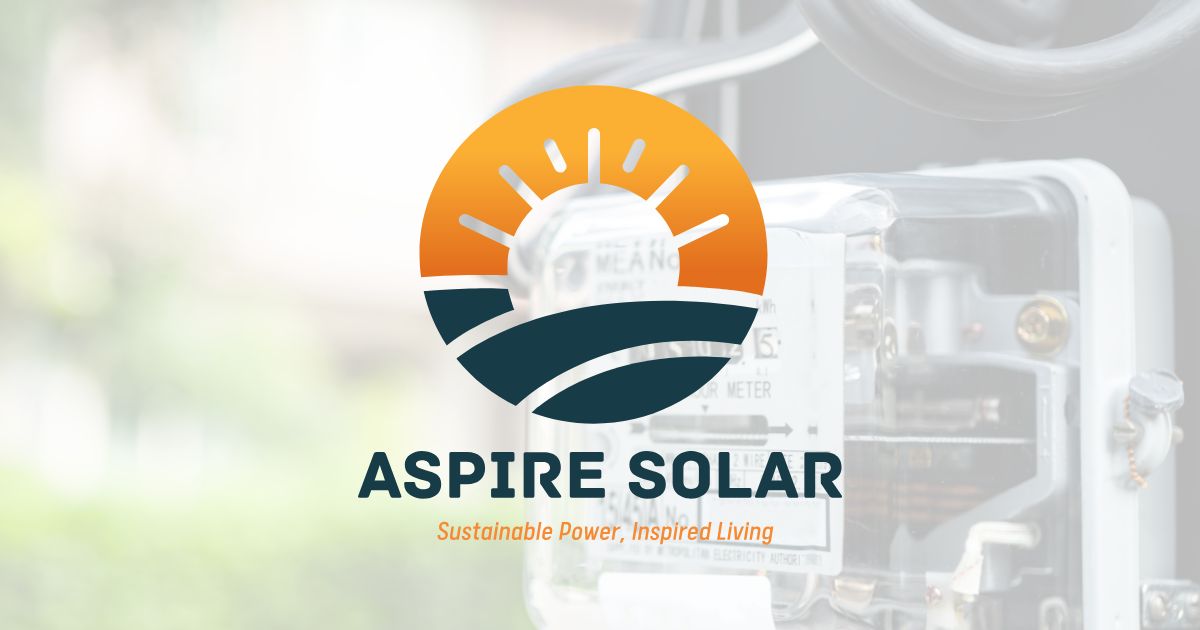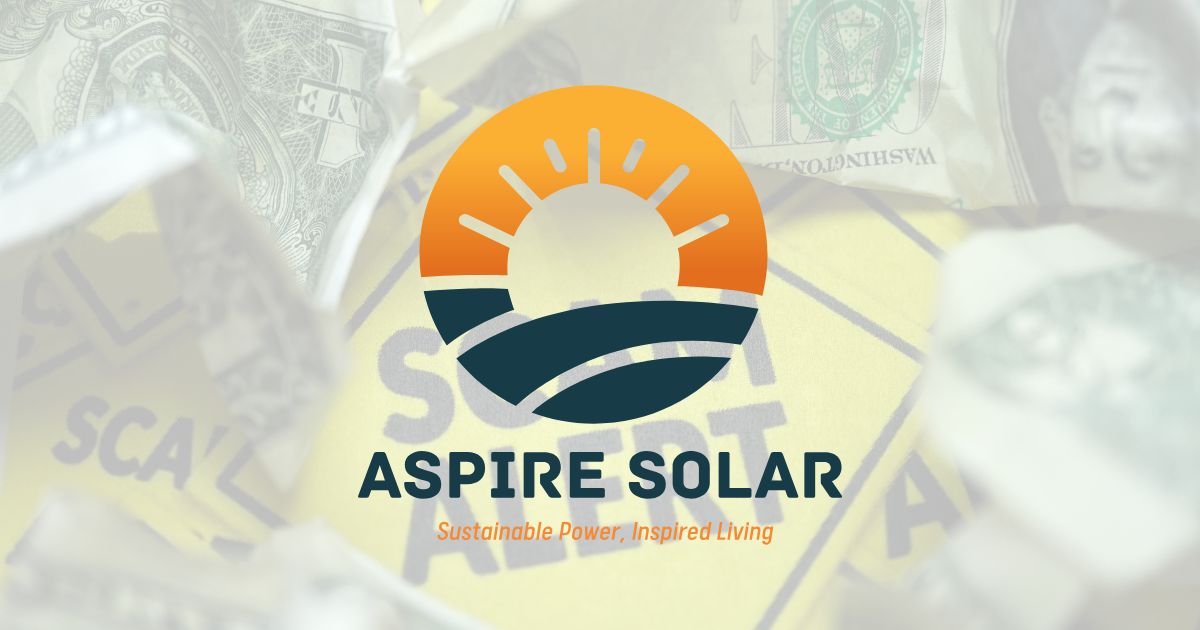The Future of Solar Energy:
Insights from Deloitte’s 2025 Renewable Energy Outlook
The renewable energy sector is experiencing rapid growth, with solar power playing a pivotal role. According to Deloitte’s 2025 Renewable Energy Industry Outlook, the U.S. is set to add a significant amount of utility-scale solar capacity, reflecting the nation’s commitment to clean energy. This trend presents homeowners with an opportunity to consider solar power as a sustainable solution for their energy needs.
As solar technology advances and financial incentives remain favorable, homeowners have more options than ever to transition to renewable energy. Let’s explore the factors driving this growth and how they benefit consumers.
Factors Driving Solar Energy Expansion
Several key elements are contributing to the rapid adoption of solar energy:
Technological Advancements
Innovations in solar panels, batteries, and microinverters have led to increased efficiency and cost-effectiveness. High-efficiency photovoltaic (PV) panels now generate more power in less space, and advanced battery storage systems enable homeowners to store excess energy for later use, reducing reliance on the grid.
Government Incentives and Policies
Federal and state programs continue to make solar installations financially attractive. The Investment Tax Credit (ITC) allows homeowners to deduct a portion of their solar installation costs from federal taxes. Additionally, many states offer rebates and net metering programs, further enhancing the financial viability of solar investments.
Rising Electricity Costs
As utility rates increase, homeowners are seeking ways to stabilize their energy expenses. Solar power provides an opportunity to lock in predictable electricity rates and reduce monthly bills, offering long-term financial benefits.
Increased Investment in Renewable Energy
Corporations and utilities are investing heavily in solar farms and clean energy projects, reinforcing the shift toward renewables. This large-scale investment makes solar more accessible and improves grid reliability, benefiting homeowners who adopt clean energy solutions.
Emerging Trends in Renewable Energy
Beyond the factors driving solar adoption, several emerging trends are shaping the renewable energy landscape:
AI and Data Center Demand
The rise of artificial intelligence (AI) and the expansion of data centers are significantly increasing electricity demand. Data centers, in particular, are seeking to power their operations with clean energy, leading to substantial investments in solar and wind capacity. This trend not only accelerates renewable energy deployment but also fosters technological innovations that can benefit residential solar users.
24/7 Renewable Solutions
There is a growing emphasis on developing renewable energy solutions that provide continuous, around-the-clock power. Advancements in energy storage and smart grid technologies are making it possible to achieve 24/7 renewable energy availability, enhancing the reliability and appeal of solar power for homeowners.
Workforce Development
As the renewable energy sector grows, so does the demand for a skilled workforce. Efforts are underway to develop training programs and career pathways to support the industry’s expansion. For homeowners, this means access to a larger pool of qualified professionals for solar installations and maintenance.
Carbon Management
Renewable energy is playing a crucial role in carbon management strategies, including the development of high-integrity carbon offsets. By investing in solar power, homeowners contribute to broader efforts to reduce greenhouse gas emissions and combat climate change.
Benefits for Homeowners
The growth of solar energy offers several advantages for homeowners:
- Lower Installation Costs: The decreasing cost of solar panels makes installations more affordable.
- Energy Independence: Battery storage technology allows for greater energy independence, ensuring reliable power during outages.
- Increased Property Value: Homes equipped with solar panels often sell faster and at higher prices, making solar a smart investment beyond just energy savings.
Considering the Transition to Solar
With the current momentum in solar adoption, now is an ideal time for homeowners to explore their options. Collaborating with experienced solar providers can simplify the process—from assessing energy needs to installation and ongoing support.
Understanding available incentives, selecting appropriate equipment, and ensuring proper installation are crucial steps to maximize the benefits of solar energy. A tailored approach can help homeowners achieve optimal financial and energy-saving outcomes.
A Bright Future for Solar
As renewable energy continues to expand, solar power is becoming an increasingly practical and cost-effective solution for homeowners. With ongoing advancements, supportive policies, and rising electricity costs, investing in solar energy offers long-term benefits.
For those considering solar, now is the time to take advantage of industry growth and available incentives. Exploring options and consulting with experienced providers can help homeowners make informed decisions about transitioning to clean energy.
This summary is based on insights from Deloitte’s 2025 Renewable Energy Industry Outlook. (Read the full report)


